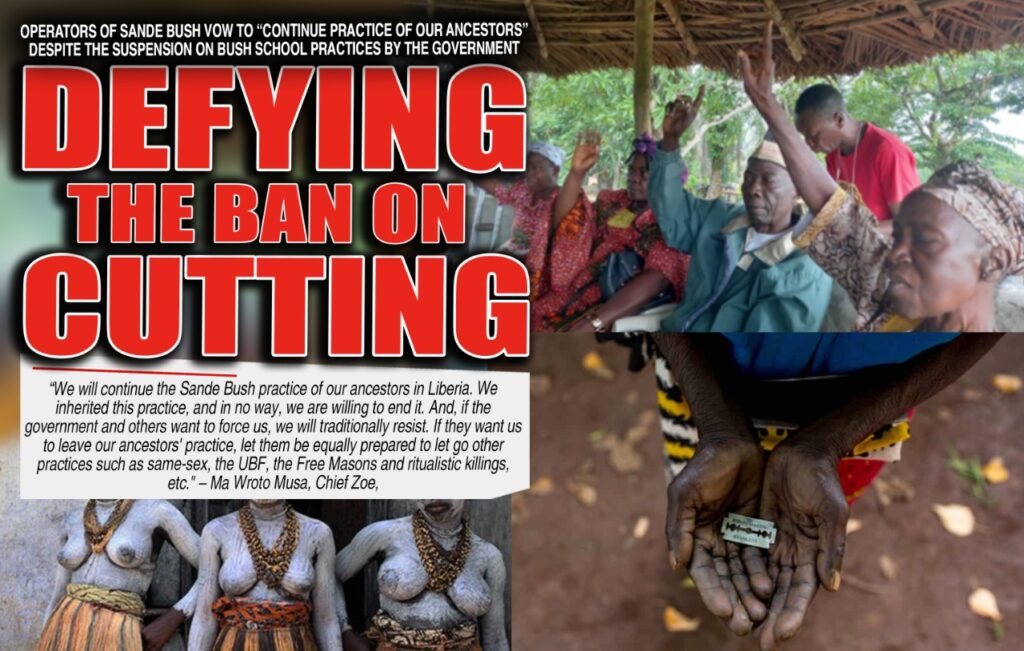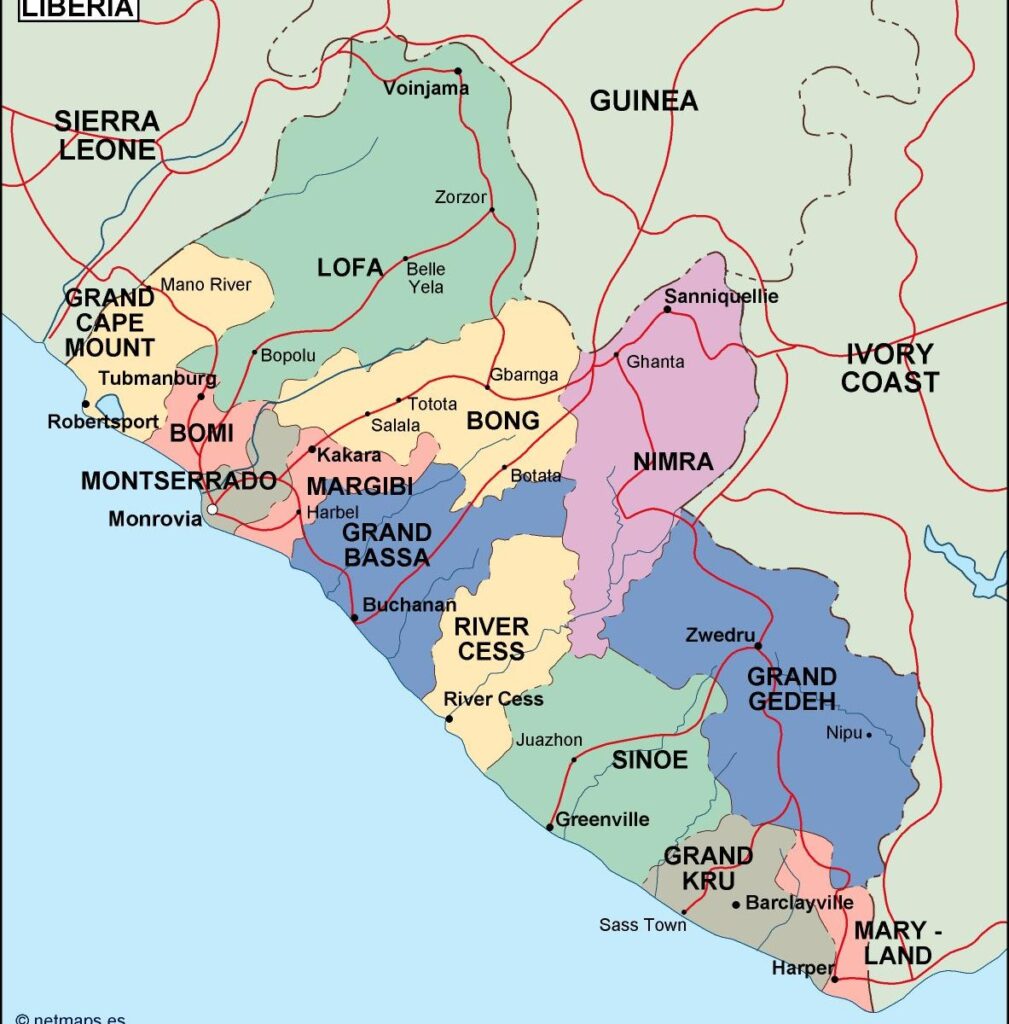The existence of secret societies in Liberia is no news. It is rare, however, that people openly talk about secret societies. Everyone knows in Liberia that talking ‘too much’ about secret societies, their members or the incidents happening carries the death penalty.
For this reason the following story is interesting. While reading the article one is tempted to take Alexander Tarley’s confession with a grain of salt since his story also raises a number of questions. Moreover, the text is not always clear due to typos or the author’s mastery of the English language. Nonetheless I’ve decided to include his testimony about secret societies and their power in Liberia as it demonstrates the existence and power of traditional beliefs in this West African country, still in the third millennium.
It is not known to which secret society the speaker refers, but he mentions a Putu village named Jarwodee (presumably a village in the Putu Range, in Grand Gedeh) which makes it likely that his family is Krahn.
From other sources we learn more – though not everything – about the village of Jarwodee, the Putu Range (rich in iron ore, unexploited), the Krahn people (highly recommended source of information!) and Grand Gedeh County.
In this remote part of eastern Liberia traditional life and the modern world meet, but many mysteries and secrets including secret societies remain.

As soon as I wil lhave found out more about Alexander Tarley’s story I will report my findings here. For the time being I just want to share his story with you.
(webmaster FVDK)
A Liberian, Alexander Tarley Explains His Sad Story About ‘Secret Society’

Published: January 16, 2024
By: GNN, Liberia
Since my childhood, my grandfather had always said I will be the head of the secret society in my village putu Jarwodee. My grandfather was the Zoe (head of the secret society) my parents told me to avoid my grandfather whenever him come to Monrovia to visit.
When I asked my parents why my grandfather targeting me not my siblings.my dad told me it’s because I am named after my grandfather (Alexander Tarley) my grandfather would offer come to Monrovia where I grew up to get me. December 15, 2023 my grandfather died. It was a mixed feeling (happy and sad).
I was resolved that I am now safe, on December 19, 2023. The fourth day which is a traditional ritual to bury a high priest on the Fourth day after his deaf. Free from the verbal threats of killing me if I do not comply with my grandfather wish, I was happy that the consistent intimidation and physical harassment from my grandfather was over.
December 17, 2023, my family and I travel from held on Tuesday December 19, at the funeral (grave site) all the women were asked to leave.one of the women walk up to me and told me to leave immediately or else I will be initiated or killed if I refuse, fear grasp me and I came up with a escape plan. i asked the same lady to trick the Zoe’s by asking them to allow me give her water from my vehicle, they agree and allow me to walk to my vehicle.
We urgently got in the vehicle and escape from the grave site. I was terrified when that some people believed were chasing drove excessively and a man on the bike and I screened help, the bike rider tricked those following us we took off our shirts and droved to Buchanan.
While in Buchanan, some guys guys broke into my house and took away my money and other important items, my neighbor called my wife and told her that our house was broken into they were calling my name and making terrible statement to killed me two days later January 3, 2023 I left Liberia for Canada
Source: A Liberian, Alexander Tarley Explains His Sad Story About ‘Secret Society’



